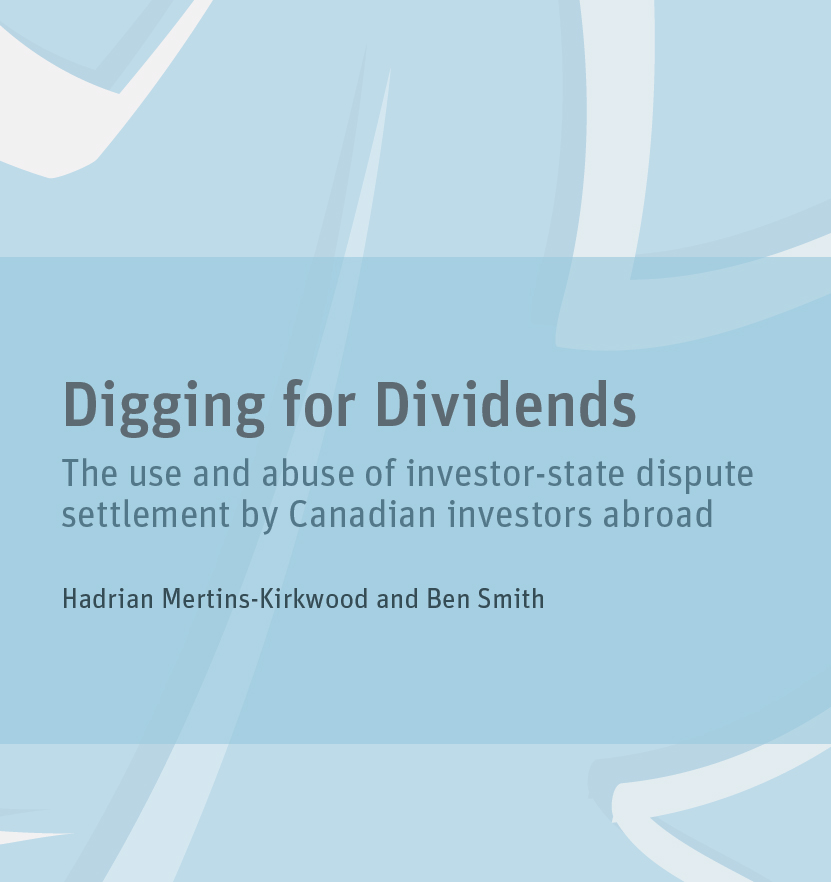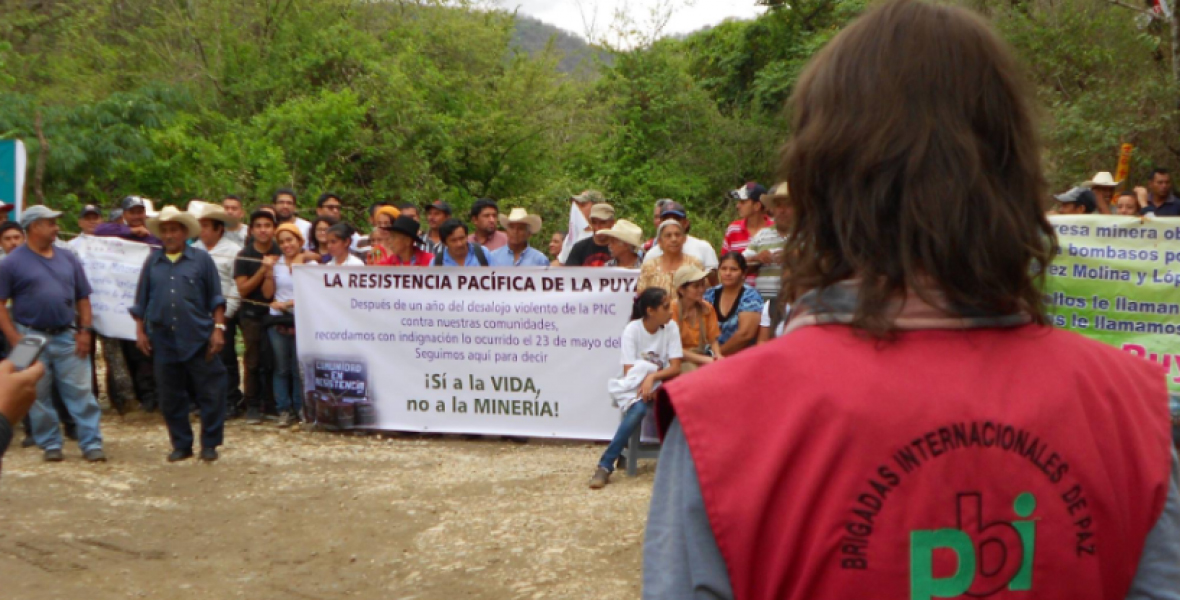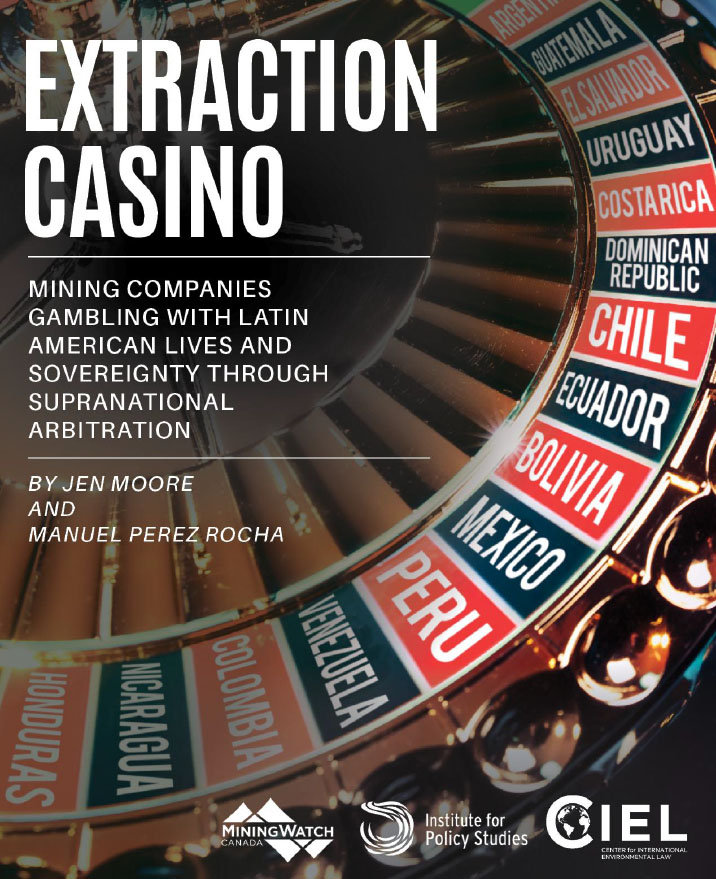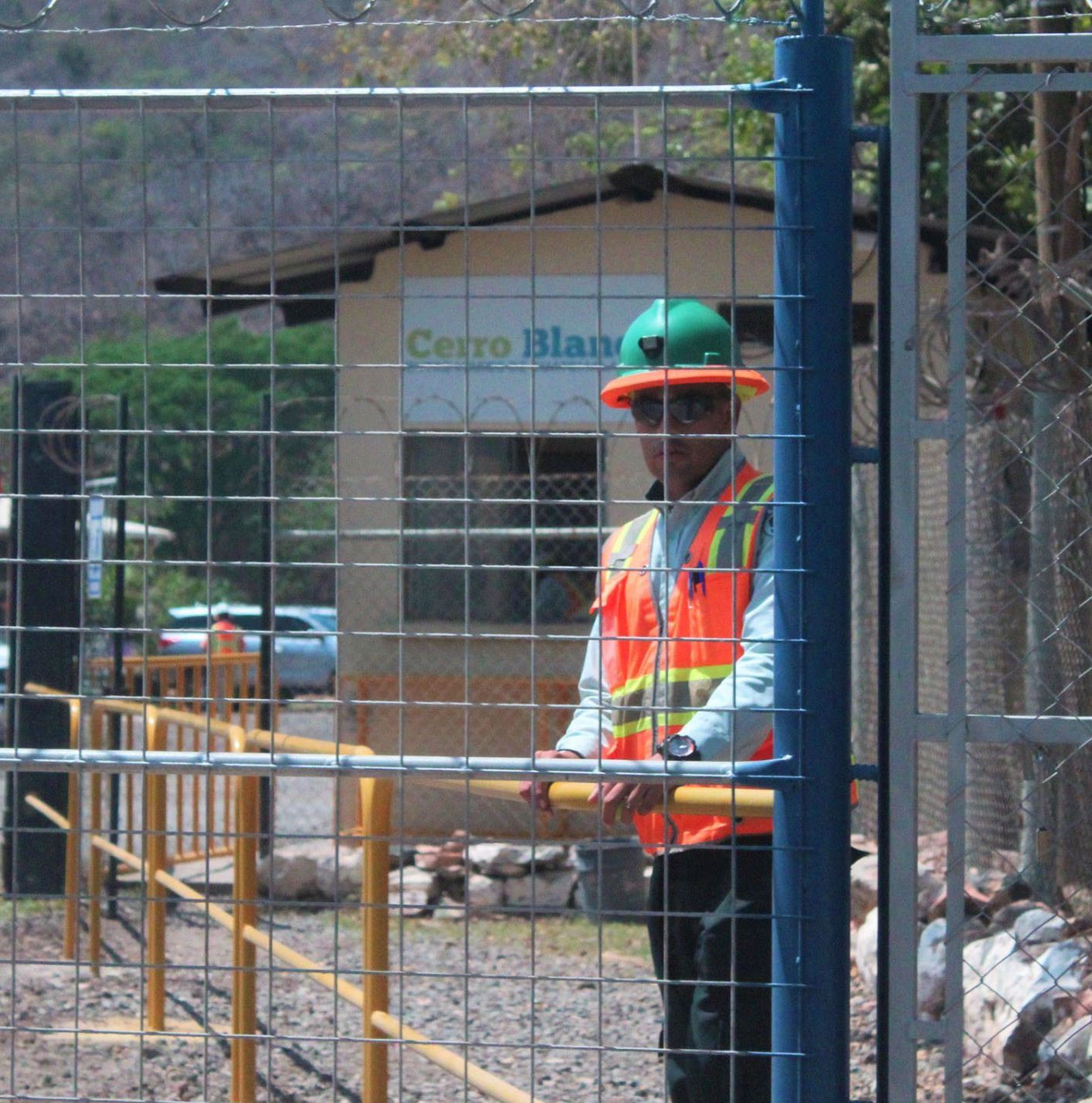- Details
-
Category: FTAs & ISDS
-
Published: Sunday, 05 May 2019 14:08
Ben Smith : Behind the Numbers
 (DOWNLOAD THE STUDY HERE)Of the limited changes made to the renegotiated NAFTA agreement—also known as the USMCA—perhaps the most significant relates to the system of investor protections that permits foreign firms to challenge government policies, laws and court decisions through private arbitration.Under the USMCA, this investor-state dispute settlement (ISDS) system will no longer apply to Canada, and only a limited version will remain in place between the U.S. and Mexico.
(DOWNLOAD THE STUDY HERE)Of the limited changes made to the renegotiated NAFTA agreement—also known as the USMCA—perhaps the most significant relates to the system of investor protections that permits foreign firms to challenge government policies, laws and court decisions through private arbitration.Under the USMCA, this investor-state dispute settlement (ISDS) system will no longer apply to Canada, and only a limited version will remain in place between the U.S. and Mexico.
The overdue removal of ISDS from NAFTA is rightfully being celebrated by Canadians. Even Canada’s foreign minister said the removal of ISDS “strengthened our government’s right to regulate in the public interest, to protect public health and the environment.”
Outside of North America, however, the story is different. Canada is still part of dozens of economic agreements that include the ISDS system. As our new report, Digging for Dividends,shows, Canadian investors have frequently used the ISDS system to pursue their commercial interests abroad—too often to challenge responsible government policies taken in the public interest in developing countries.
A common narrative runs through many of these cases: a Canadian mining company uses ISDS to challenge the environmental policies of a developing country over their alleged harm to its investment. For example, rulings by the Colombian Constitutional Court to protect wetlands that are the source of the country’s precious freshwater have triggered a spate of ISDS claims under the Canada-Colombia Free Trade Agreement. These, and similar cases, have sparked growing concerns over the ability of governments in the Global South to act decisively on serious environmental issues such as climate change.
Read more ...
- Details
-
Category: Media Releases
-
Published: Saturday, 04 May 2019 16:51

April 24, 2019
Today, a letter signed by 227 Guatemalan and international networks and organizations was delivered to Guatemalan authorities and the U.S. Embassy in Guatemala. The letter denounces the US$300 million-dollar suit that the U.S. mining company Kappes, Cassiday & Associates (KCA) is bringing against the Central American country as a shameless attempt to undermine the will of the communities affected by its project and the decision of the courts. The company filed the suit in December 2018 at the International Centre for Settlement of Investment Disputes (ICSID) for alleged violations of the Central America–Dominican Republic Free Trade Agreement (CAFTA-DR).
Community members from the peaceful resistance of ‘La Puya’ presented the letter to government authorities during a congressional hearing on the ICSID process, including representatives from the Ministries of Energy and Mining, Environment and Natural Resources, and Economy, as well as the Human Rights Section of the Public Prosecutor’s Office and others.
Read more ...
- Details
-
Category: Regional News
-
Published: Friday, 03 May 2019 16:24
Brent Patterson - RABBLE
 Residents from the communities of San José del Golfo and San Pedro Ayampuc -- an area known as La Puya -- have been fighting against the Progreso VII Derivada-El Tambor gold mine located just north of Guatemala City since March 2010.
Residents from the communities of San José del Golfo and San Pedro Ayampuc -- an area known as La Puya -- have been fighting against the Progreso VII Derivada-El Tambor gold mine located just north of Guatemala City since March 2010.
The Peaceful Resistance of La Puya, which is made up of members from these communities, has stated, "[The environmental impact assessment] shows that the gold and silver are contained in arsenopyrite rock, which contains high levels of arsenic. Levels of arsenic in the water increased considerably during the time the mine was in operation."
They have also expressed concern about the massive amount of water the mine would use in their water-scarce region.
Their struggle to defend water has seen a blockade of the mine site, repression and criminalization, a win at the Guatemalan Supreme Court, and now a challenge at the Washington, D.C.–based World Bank Group's International Centre for Settlement of Investment Disputes.
Read more ...
- Details
-
Category: FTAs & ISDS
-
Published: Friday, 03 May 2019 14:19
We analyzed 38 multi-million dollar claims brought by the mining industry using ISDS and other investment protection laws; in over half, communities are fighting to protect Indigenous territory, water, and more.
 DOWNLOAD REPORT HEREA new report by the Institute for Policy Studies, MiningWatch Canada, and the Center for International Environmental Law, “Extraction Casino: Mining Companies Gambling with Latin American Lives and Sovereignty through Supranational Arbitration,” exposes how transnational mining companies file multi-million dollar suits against Latin American countries to challenge key laws and decisions protecting indigenous peoples’ rights, the environment, and community health. The companies examined used arbitration particularly where communities are engaged in struggles against the harmful extraction industry.
DOWNLOAD REPORT HEREA new report by the Institute for Policy Studies, MiningWatch Canada, and the Center for International Environmental Law, “Extraction Casino: Mining Companies Gambling with Latin American Lives and Sovereignty through Supranational Arbitration,” exposes how transnational mining companies file multi-million dollar suits against Latin American countries to challenge key laws and decisions protecting indigenous peoples’ rights, the environment, and community health. The companies examined used arbitration particularly where communities are engaged in struggles against the harmful extraction industry.
The report examines all 38 known cases that have been brought by mining companies against governments in Latin America with increasing intensity in the last two decades. They are suing for millions and billions of dollars as a result of court decisions, public policies, and other government measures that they claim reduce the value of their investments. In the majority of these cases, communities have been actively organizing to resist mining activities and defend their land, health, environment, self-determination, and ways of life.
Read more ...
- Details
-
Category: Cerro Blanco
-
Published: Friday, 03 May 2019 11:56
* Edgardo Ayala - Contrapunto
Despite of a two year mining prohibition, the ghost of mining does not fade away for communities in El Salvador that are exposed to crossborder contamination that may cause irreversible environmental damage to their limited water resources.
ASUNCIÓN MITA, Guatemala. Although everything indicates that Canadian Bluestone Resources consortium has oiled up its powerful technical and financial machinery to restart operations at the Cerro Blanco mine, there is still a veil of secrecy and silence in the surrounding communities located near the megaproject.
 Worker guards the entrance of the Cerro Blanco mine in Asuncion Mita, Guatemala. Photo: Karla Rodas"We have heard rumors, there are three people linked to the mine who come to the community, but they say no, they are lies (the rumors about restarting of operations), they say the mine is going to close, and it is currently under maintenance" , explained Viviana Palma, a young teacher, resident of the village of Trapiche Vargas, jurisdiction of Asunción Mita, in the eastern department of Jutiapa, Guatemala.
Worker guards the entrance of the Cerro Blanco mine in Asuncion Mita, Guatemala. Photo: Karla Rodas"We have heard rumors, there are three people linked to the mine who come to the community, but they say no, they are lies (the rumors about restarting of operations), they say the mine is going to close, and it is currently under maintenance" , explained Viviana Palma, a young teacher, resident of the village of Trapiche Vargas, jurisdiction of Asunción Mita, in the eastern department of Jutiapa, Guatemala.
The Cerro Blanco mine is located in the vicinity of Asunción Mita, a city of about 50,000 inhabitants, located 160 km southeast of the Guatemalan capital, and about 10 kilometers from the border with El Salvador.
This closeness with El Salvador led environmental groups from both countries to oppose the project since it was established in the area, in 2005, due to the possible negative impacts that would occur not only in Guatemalan towns, but also in El Salvador, as contamination reaches the Guija lake, in the department of Metapan, El Salvador.
And from there the remnants of the process, heavy metals and other pollutants, would reach the Lempa River, which sig sags throughout the country and is the main source of water for 60% of the population of Greater San Salvador.
The veil of silence.
"The rumors come through information from the local parish. A Canadian sister warned us that it has become known that the stubborn mining company wants to continue drilling and everything they do" added Palma, 27 years old.
Read more ...
- Details
-
Category: Regional News
-
Published: Friday, 21 September 2018 09:19
Press Release
Criminalization of the Aymara People - Supreme Court Will Decide on Aduviri Case on October 5th.
20th September 2018 Cochabamba, Ottawa, Puno, Washington. On Monday September 17th at 0900, a hearing took place at the Supreme Court in Lima, Peru to analyze the case of Walter Aduviri, the last Aymara spokesperson charged in relation to the case known as the Aymarazo. The Court must decide whether or not to annul the 7-year sentence against him.
Aduviri's lawyers and representatives of the Ministry of the Interior were present at the hearing. The hearing lasted for an hour and a half, after which it was revealed that the final sentence will be handed down on October 5th, 2018 at 0830.
The indigenous representative is currently in hiding because there is a warrant for his arrest.
More than one hundred national and international organizations have publicly denounced the criminalization of protest in Peru. The case of Aduviri is emblematic of the widespread judicial persecution and generalised criminalization faced by spokespersons and representatives of communities that organize to defend their territories against extractive projects. This international alliance will be watching the final stages of this case very closely. According to representatives of Human Rights and Environment (DHUMA) of Puno, Peru, the decision that will be presented by the court will be very significant, as it will set important legal precedents for the future of human rights in Peru.
NOTE:
On October 4th, 2018, Puno-based organization Human Rights and Environment-DHUMA will receive the Institute for Policy Studies’ Letelier-Moffitt international Human Rights Award in Washington D.C.. Members of the organization will be present to accept the award which is presented annually in memorium of fallen human rights defenders Orlando Letelier and Ronni Karpen Moffitt. More information about this event can be found here: https://ips-dc.org/about/letelier-moffitt-human-rights-awards/
CONTACTS:
 (DOWNLOAD THE STUDY HERE)Of the limited changes made to the renegotiated NAFTA agreement—also known as the USMCA—perhaps the most significant relates to the system of investor protections that permits foreign firms to challenge government policies, laws and court decisions through private arbitration.Under the USMCA, this investor-state dispute settlement (ISDS) system will no longer apply to Canada, and only a limited version will remain in place between the U.S. and Mexico.
(DOWNLOAD THE STUDY HERE)Of the limited changes made to the renegotiated NAFTA agreement—also known as the USMCA—perhaps the most significant relates to the system of investor protections that permits foreign firms to challenge government policies, laws and court decisions through private arbitration.Under the USMCA, this investor-state dispute settlement (ISDS) system will no longer apply to Canada, and only a limited version will remain in place between the U.S. and Mexico.

 Residents from the communities of San José del Golfo and San Pedro Ayampuc -- an area known as La Puya -- have been fighting against the Progreso VII Derivada-El Tambor gold mine located just north of Guatemala City since March 2010.
Residents from the communities of San José del Golfo and San Pedro Ayampuc -- an area known as La Puya -- have been fighting against the Progreso VII Derivada-El Tambor gold mine located just north of Guatemala City since March 2010.
